How to Harvest Free Food on Your Next Vacation
Occasionally, I’ll flee the warm embrace of Pacific Northwest rain to visit friends in the desert and hang poolside (and be a boastful dick about it on Instagram). Most people are about the sights when they visit another town–the...
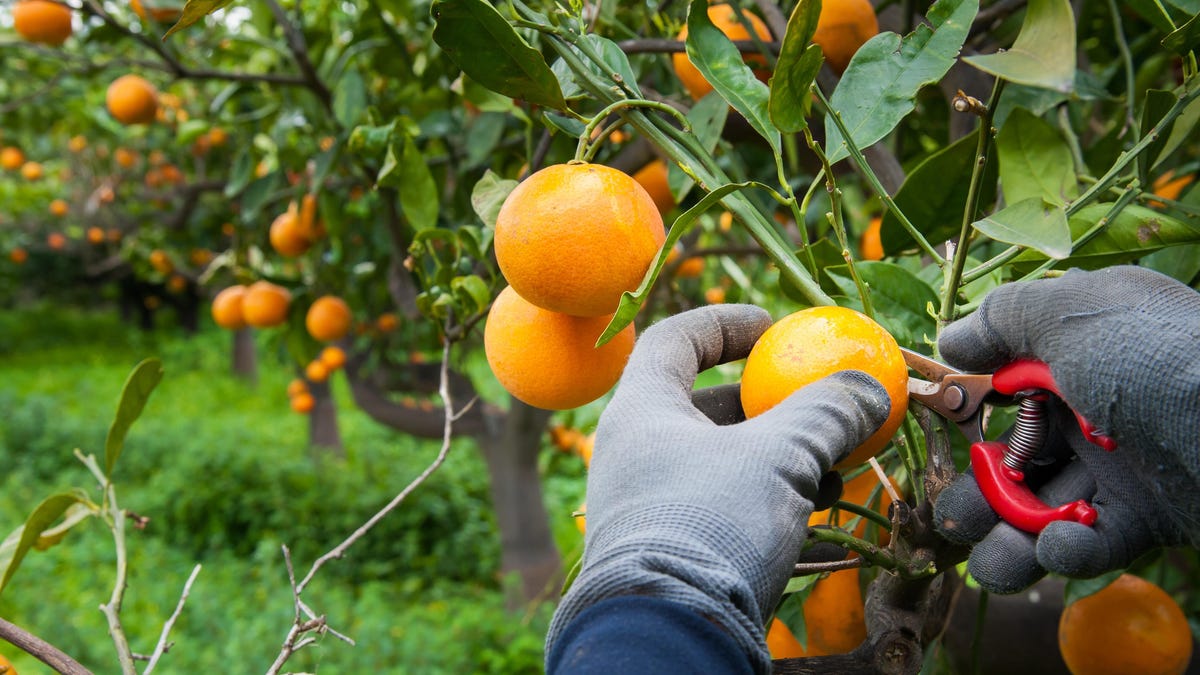
Occasionally, I’ll flee the warm embrace of Pacific Northwest rain to visit friends in the desert and hang poolside (and be a boastful dick about it on Instagram). Most people are about the sights when they visit another town–the vistas, the museums, the restaurants—and then there are those annoying people who go places to hike. Me? I roll into town and immediately begin my hunt. I last fled to Arizona in the dead of winter, which is prime time for harvesting olives, citrus and prickly pear fruit, and even though I don’t own real estate there, it’s always easy to find these edible souvenirs. Wherever you go, people have excess harvest and are looking for ways to divest.
Harvest your own edible souviners
The climate that gives the PNW great berries and grapes is less hospitable to citrus, olives, peppercorns, cactus fruit, and tons of other foodstuffs. The same way that my homegrown preserved tomatoes beat any tin in the store, preserving your own stuff means fewer added preservatives, and the product usually just tastes better. Then there’s the cost: you can’t beat free. Picking five gallons of olives means that I can play around with recipes and use them a lot more prolifically than I would if I were buying them. Have you seen the price of peppercorns these days? This is my defense for begging friends going through California to grab a grocery bags worth of Peruvian Pink Peppercorns which literally fall from the sky.
Every place you go has regional specialties growing. New Mexico has peppers, California has artichokes, and Georgia has peaches. You can find capers in the desert, and hazelnuts in the PNW. I grab albacore from the Oregon coast in early fall, and if you make it to Alaska, salmon is everywhere. If you’re in the North long enough, and can convince someone to let you tap their trees, maple syrup is in your sights.
How to find a free harvest
My first stop is always Craigslist, looking for “olives” in the sale section. In years past, I’ve found them for free through Craigslist, although lately this has been hit or miss. Worst case scenario, you might find them for sale, but with things like grapes, olives, citrus and nuts, people are often just looking for someone to come get them off the property to avoid them rotting on the ground.
My next hit is Facebook marketplace, making sure to adjust my location and search for local items. Keep your searches simple, like “lemons” or “grapes”. You’ll find the listings. You can repeat this with all the newfangled alternatives like OfferUp, Freeya, and your neighborhood groups like NextDoor, unless you’ve been permanently banned for anti-racism posts, like moi.
The most addictive option is Buy Nothing groups which, if you’re not familiar, you should join. You’ll find them on Facebook by simply searching for “Buy Nothing” plus the name of your neighborhood, and you can also find them on Reddit. The concept is simple: You either offer or ask for something, and the only acceptable responses are “I have this for you” or “you can have it.” There’s no commentary on why you want it or if you should. The idea is to reduce waste by moving secondhand goods around, without questioning anyone’s needs, and it works pretty fantastically.
The real goldmine is in harvest sharing groups, which you’re going to find mostly on Facebook. These are localized to your city, and go by a lot of names, so I usually search for “Harvest Share,” “Share in the Harvest,” “Garden Share,” etc. It might take a little digging. In Phoenix, for instance, there are multiple groups like Free Fruit/Citrus In Arizona, AZ Citrus Pickers & Food Rescue Volunteers, etc. If you’re stuck, join the local gardening group and ask, they’ll know where to send you.
How to be a good harvester
Now that you’ve made contact with someone and they agree to let you harvest, make sure you’re a decent human about it.
Come prepared with boxes or buckets to collect your harvest in. In a strange city, you can always find boxes on Craigslist or at a local liquor store. Will you need a fruit picker, as with apples or citrus? Ask if the homeowner has one to borrow or find one on your own. Same with ladders. Harvesting grape leaves? You’ll need clippers, and Lysol spray for those clippers, because good neighbors don’t spread plant disease while harvesting.
Wear appropriate clothes. Remember your sunscreen, hat and gloves. Wear the right footwear. Will it be muddy? Wear boots or something with traction that can get dirty.
Also remember that this is symbiotic. You’re getting free stuff, and in return the homeowner is getting someone to do a little cleaning for them (it’s actually called gleaning). Don’t leave the bad stuff on the ground; collect it and toss it or at least pile it up, and ask the homeowner for guidance. Be neat about it, be sure you’re not damaging anything as you pick. Respect their wishes on where you should harvest or not.
When you arrive, let the homeowner know and always say thank you. You’ll meet fascinating people and hear great stories. When picking oranges, the homeowner let me know the house across the street was open season for grapefruit and that there was an amazing iris garden nearby. Both were a real score.
How to get it home
If you’re grabbing a bag of peppercorns, you stick them in your bag and get on a plane, no bigs. But most things are going to require a little more planning.
If you’re driving, a cooler might be all you need. I have a pretty great one for camping that keeps things frozen for six or seven days. Citrus gets juiced, then put into freezer bags, frozen flat, and then loaded into the cooler. Even if you don’t have a vacuum sealer, the quality gallon Ziploc bags will do the trick and you can always grab them at the market.
If it can’t be frozen, jars are the way. Olives have to go through a whole treatment with lye and brine, but are shelf stable once treated. When processed using a water bath, so is lemon curd (I defaulted to curd when I had enough lemon juice for a few years, and a friend mentioned they were “2023 Rich” in eggs from their flock). Jam, pie filling, preserves, or prickly pear syrup are all similarly stable when treated. You can preserve grape leaves and, so long as you have a pressure canner, albacore or salmon. While I don’t travel with a pressure canner, you can likely borrow one; check a local kitchen library or garden group in the town you’re visiting. Jars can usually be found at Walmart, Target, BiMart or a farm store. Sometimes you get lucky at the local supermarket.
To figure out what to do with your harvest, check out pickyourown.org or do some Googling. We live in a time of endless resources, let your fingers do the walking. Make it an activity with friends you’re visiting.
The best part is that you don’t even have to travel. You can do this in your hometown. Just like everyplace else, your hometown likely has a wealth of edibles worth harvesting. Use the resources above to find them nearby, then get to it. You’d be impressed how much an endless supply of fresh orange juice can soothe your soul during a May snowstorm.

 AbJimroe
AbJimroe 







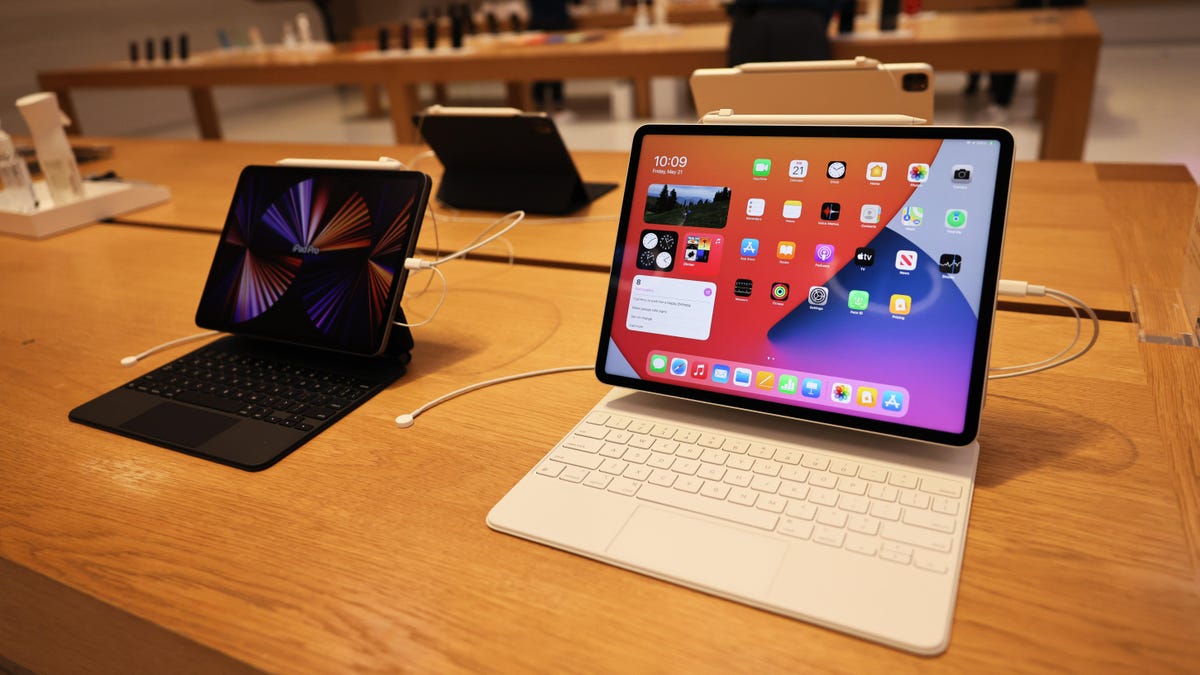

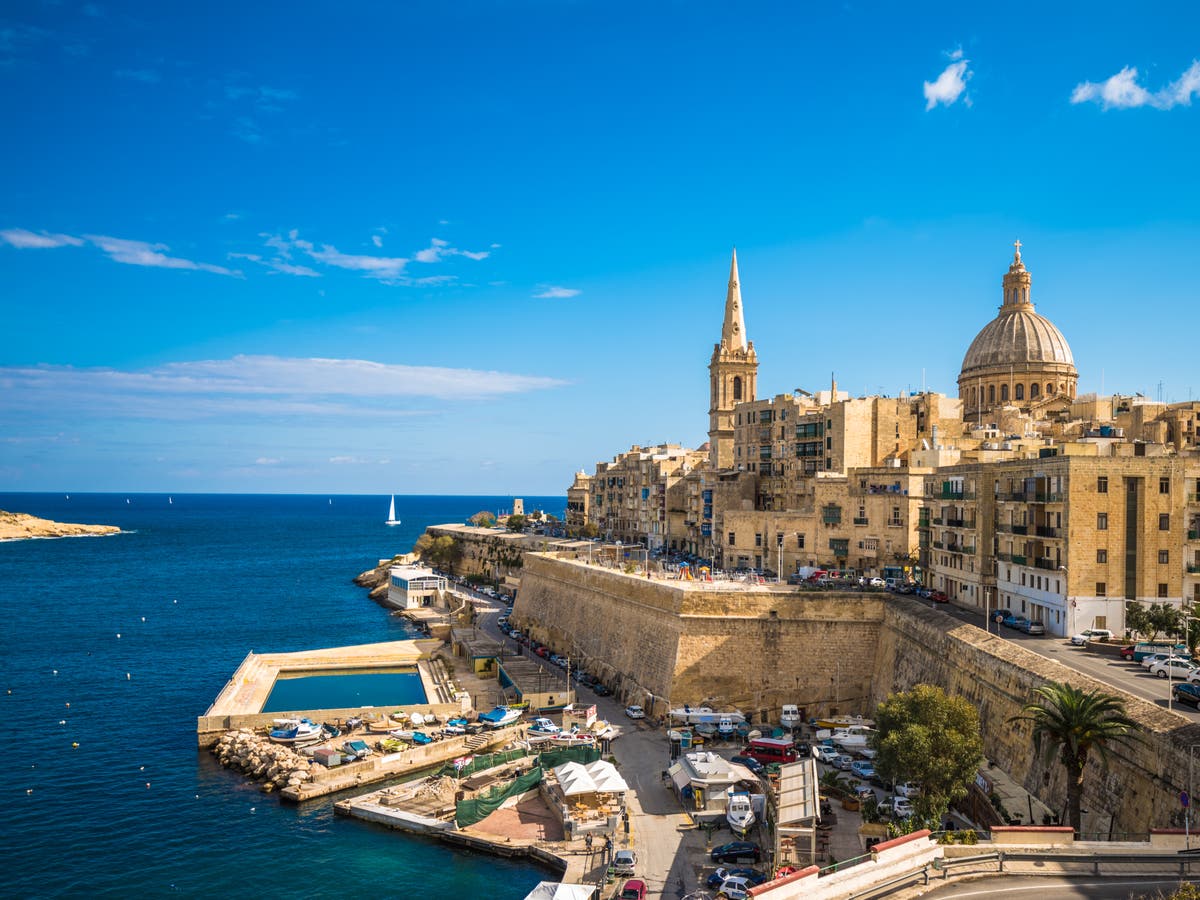
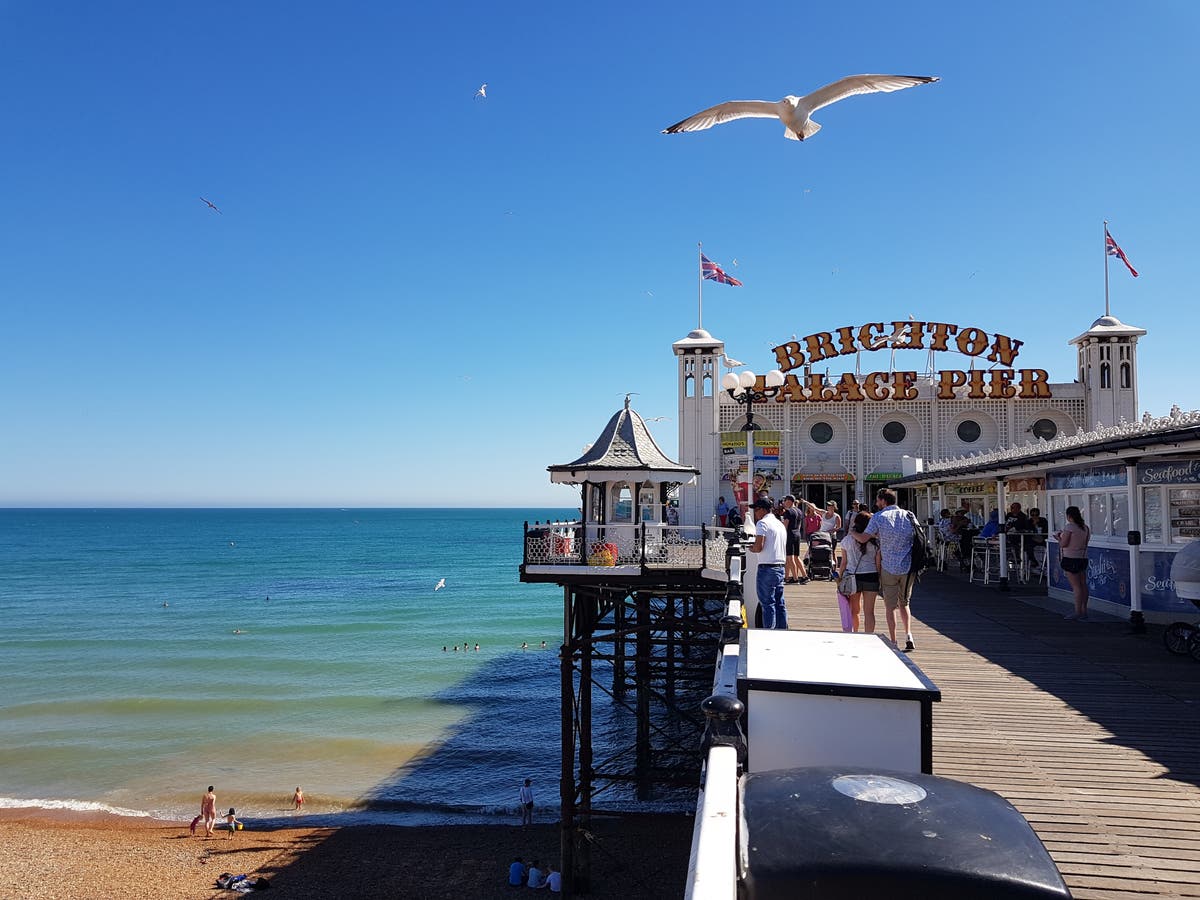
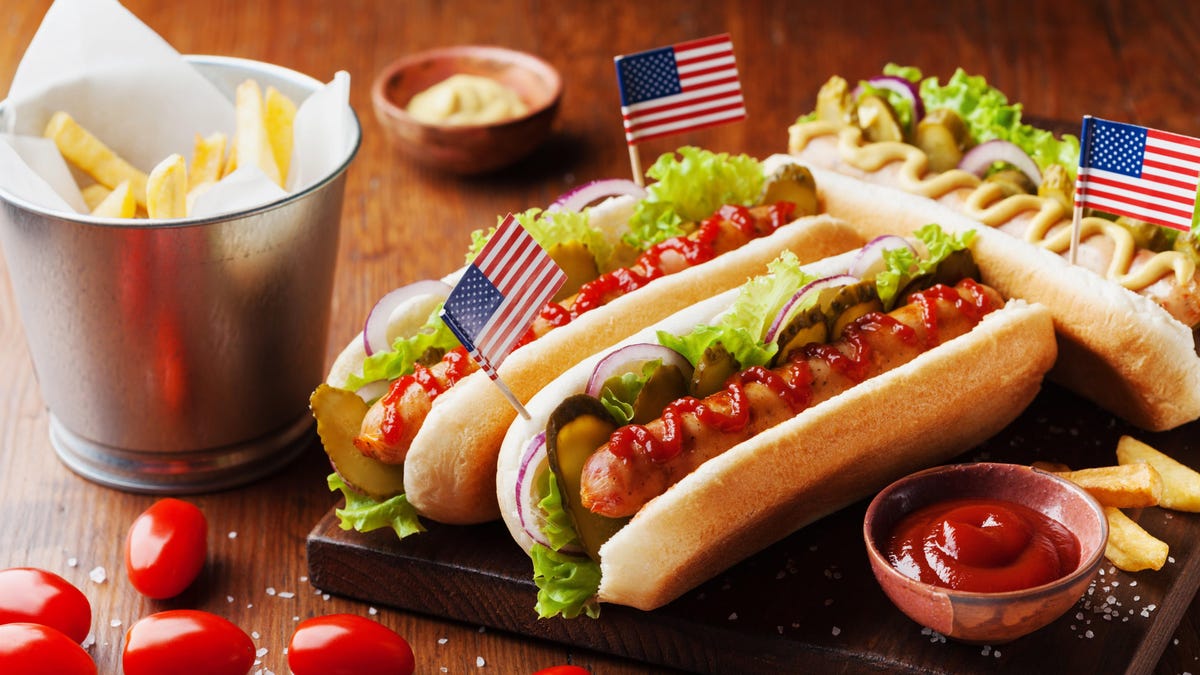
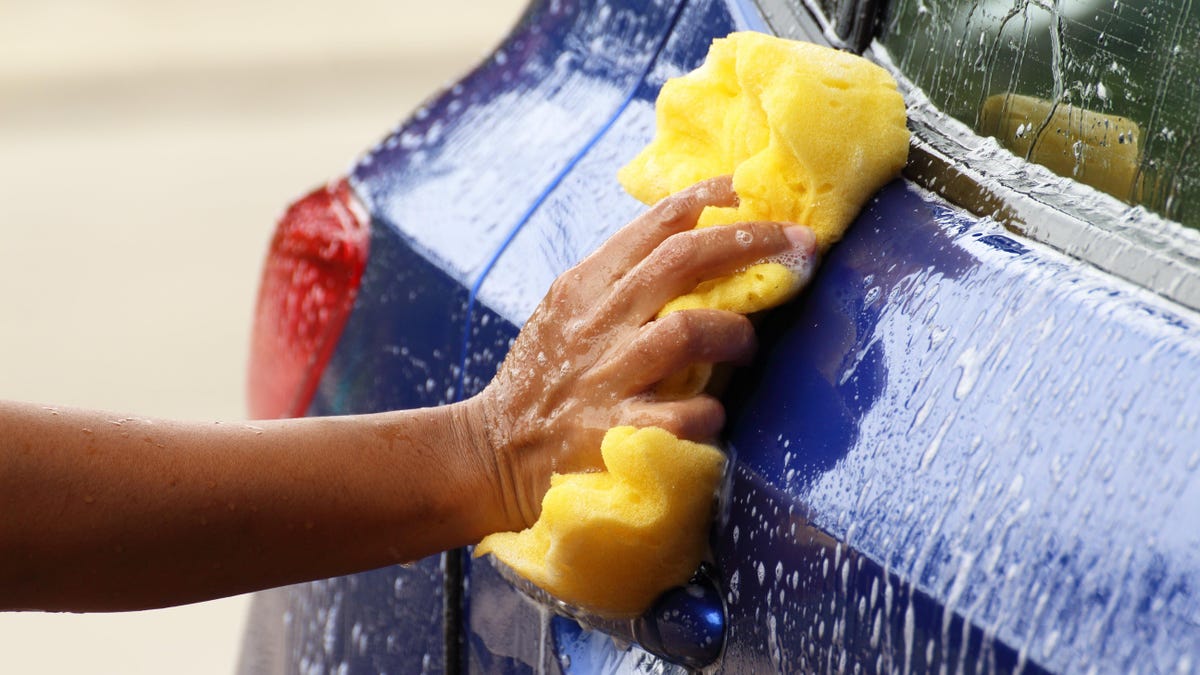

















.jpg)
